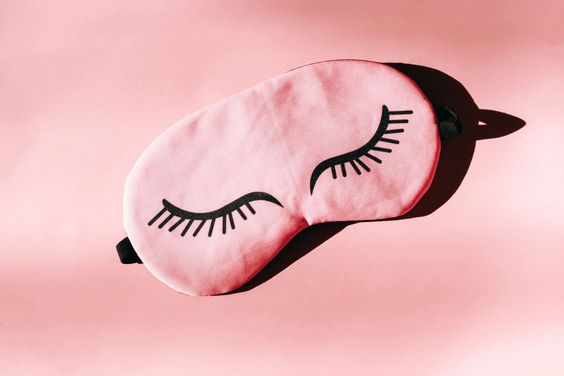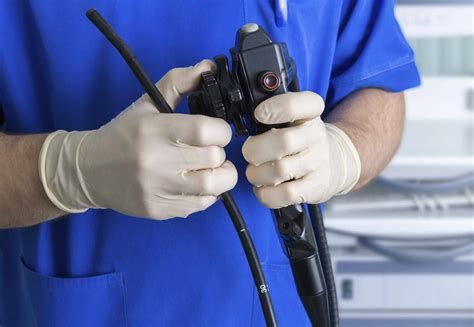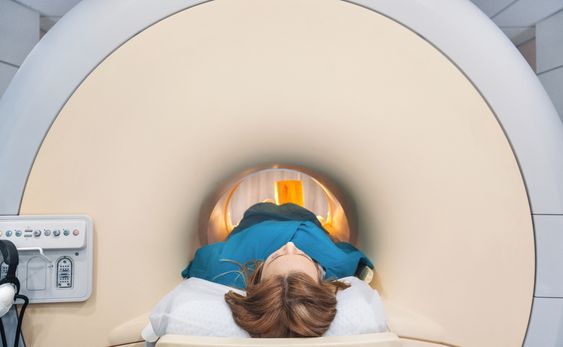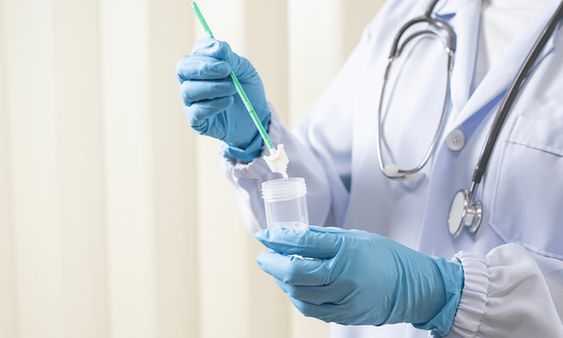Introduction:
A sleep study, technically known as a polysomnography, is a test designed to diagnose sleep disorders. It monitors your body’s activity while you sleep, providing valuable insights into your sleep cycles and identifying any potential issues. This comprehensive evaluation can be instrumental in addressing a variety of sleep disturbances, ranging from insomnia and sleep apnea to restless leg syndrome.

During the study, sensors are strategically placed on your body to track brain waves, eye movements, heart rate, breathing patterns, and limb movements. This data allows medical professionals to meticulously analyze your sleep patterns and detect any abnormalities that may be disrupting your sleep.
Preparing for Your Sleep Study
Prior to your sleep study, your healthcare provider will give you specific instructions to ensure the most accurate results. These instructions may include:
- Avoiding Caffeine and Alcohol: These substances can interfere with your sleep patterns and skew the study's findings.
- Adjusting Medication: Certain medications can influence your sleep, so it's crucial to inform your doctor about any medications you're currently taking. They might advise you to adjust your dosage or temporarily discontinue certain medications.
- Packing for Your Stay: A sleep study typically takes place overnight at a specialized sleep center or hospital. Pack comfortable pajamas, toiletries, and any other items that will help you relax and feel at ease in a sleep-conducive environment.
What Happens During the Study
Upon arriving at the sleep center, a technician will guide you to your room, which is designed to resemble a comfortable bedroom. They will then attach the sensors to your body, ensuring they are properly positioned to collect accurate data throughout the night.
Once the sensors are in place, you can settle into bed and attempt to fall asleep naturally. It's perfectly normal to feel a bit apprehensive or have difficulty falling asleep in an unfamiliar environment. However, try your best to relax and allow yourself to drift off to sleep.
The sensors will monitor your sleep throughout the night, recording all the necessary data. During the study, a technician will be monitoring your sleep patterns from another room, ensuring everything is progressing smoothly.
After the Sleep Study
In the morning, the sensors will be removed, and you can go about your day as usual. The data collected during the study will be carefully analyzed by your doctor, who will then schedule a follow-up appointment to discuss the results with you. Based on the findings, your doctor will recommend a personalized treatment plan tailored to your specific sleep disorder and its severity.





